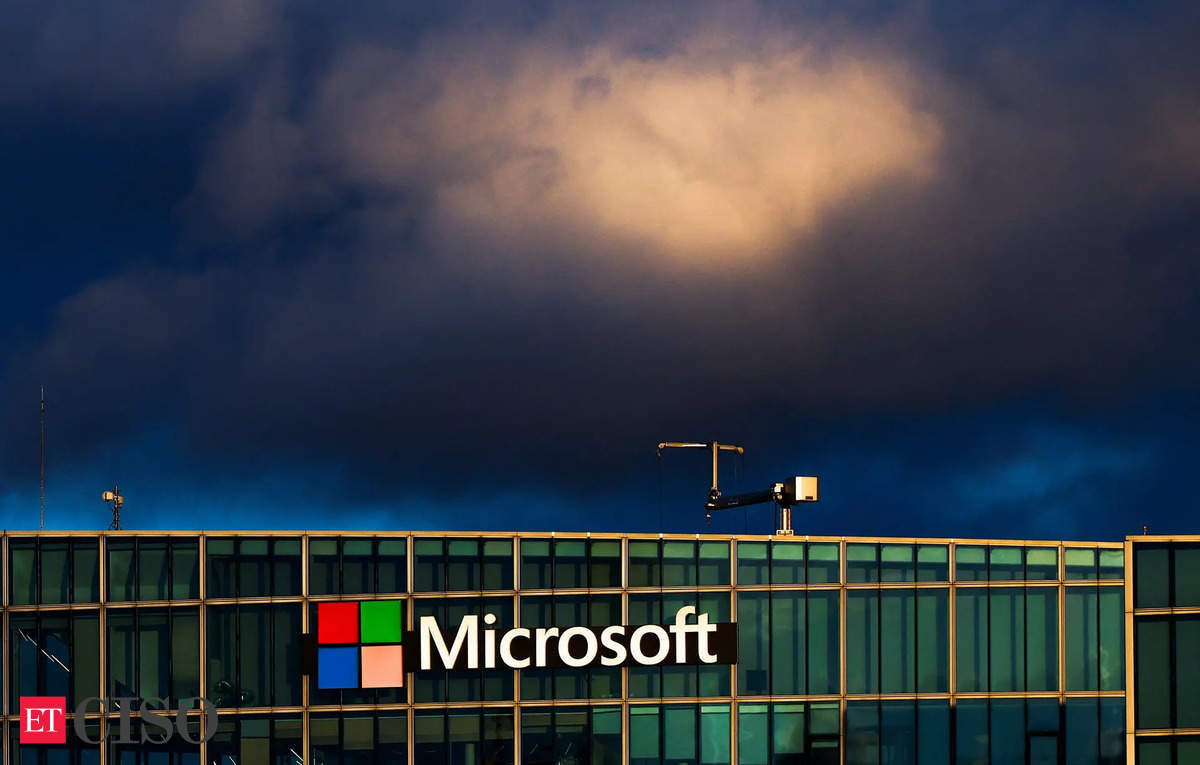Introduction to the Problem
The Mission: Impossible film series has consistently pushed the boundaries of what is considered possible in action movies. From Tom Cruise’s Ethan Hunt climbing the Burj Khalifa to hanging off the side of an airplane, the franchise has always been known for its over-the-top stunts and action sequences. However, with the introduction of an AI villain called The Entity in the previous film, Dead Reckoning, and this year’s follow-up, Final Reckoning, the series has shifted into science fiction territory.
The Shift to Science Fiction
As a long-time fan of the series, it’s hard not to see this move into science fiction as a misstep. The introduction of The Entity, an AI with the power to control anything connected to the internet, manipulate digital information, and potentially wipe out humanity, makes both Reckoning films overly plot-heavy and convoluted. The three-hour runtime of Final Reckoning is a testament to this. Furthermore, the franchise’s exploration of AI is limited to a basic, Terminator-esque extinction scenario, rather than delving deeper into the implications and consequences of such technology.
The Franchise’s Strengths
The best Mission: Impossible films are those that focus on action and character development, rather than intricate plot mechanics. The JJ Abrams-directed Mission: Impossible 3 and Brad Bird’s Ghost Protocol are prime examples of this. The introduction of Rebecca Ferguson’s Ilsa Faust in Rogue Nation added a new layer of complexity to the series, and writer/director Christopher McQuarrie’s approach to the franchise as "action film jazz" has been successful in the past.
The Consequences of the Shift
Unfortunately, the shift towards science fiction has resulted in a convoluted plot and a lack of character development. The Entity, as a villain, feels like an anchor, weighing the film down with exposition and unnecessary complexity. The introduction of new characters, such as Hayley Atwell’s Grace, feels like a hasty attempt to fill the void left by Ilsa Faust’s departure. The film’s prolonged production and reshoots have also taken a toll on the final product, making it feel like a hodgepodge of ideas rather than a cohesive narrative.
The Final Reckoning
The final film in the series, The Final Reckoning, suffers from the same issues as its predecessor. The plot is convoluted, with The Entity taking over most information systems and threatening to annihilate humanity. Ethan Hunt’s mission to stop it feels like a simplistic, Terminator-esque scenario, rather than a thoughtful exploration of the implications of AI. The film’s action sequences, while impressive, feel like a distraction from the lack of substance in the plot.
Conclusion
The Mission: Impossible franchise has always been about action, character development, and genuine human effort. The shift towards science fiction, while ambitious, has resulted in a convoluted plot and a lack of substance. As the series comes to a close, it’s hard not to feel that it should have stuck to what it did best: delivering high-octane action sequences and character-driven narratives, rather than trying to tackle complex sci-fi concepts.
Source Link





